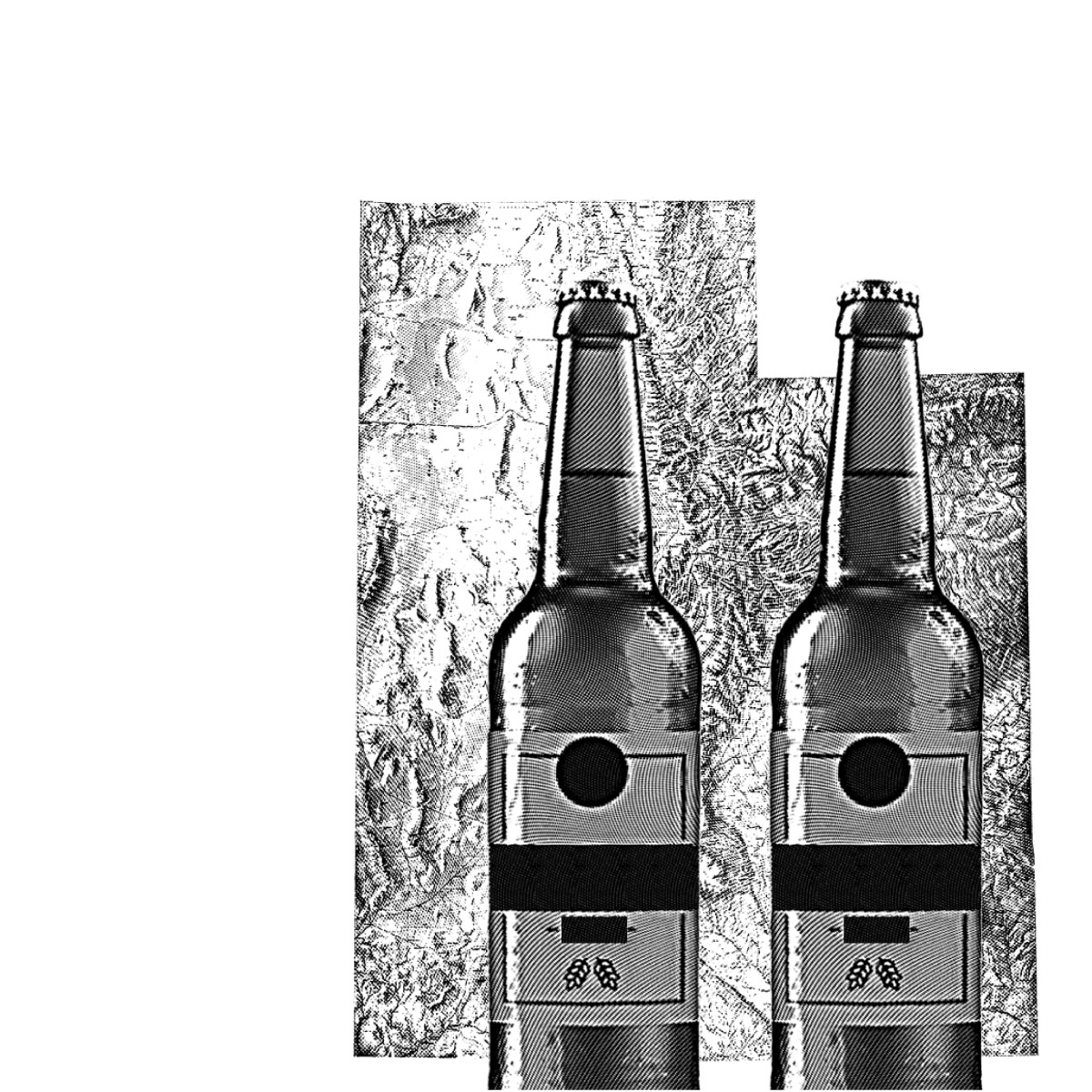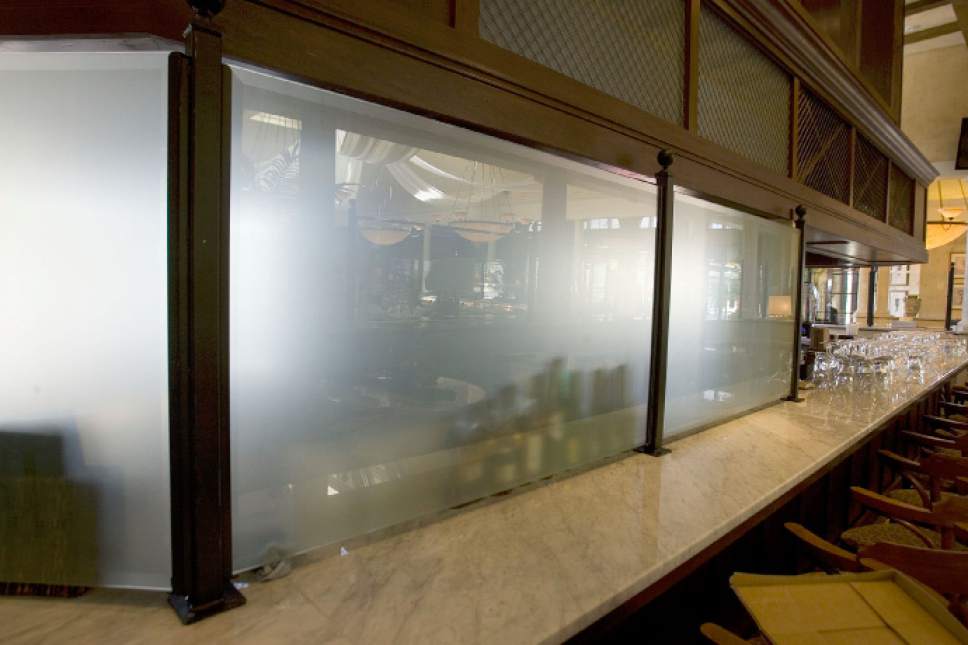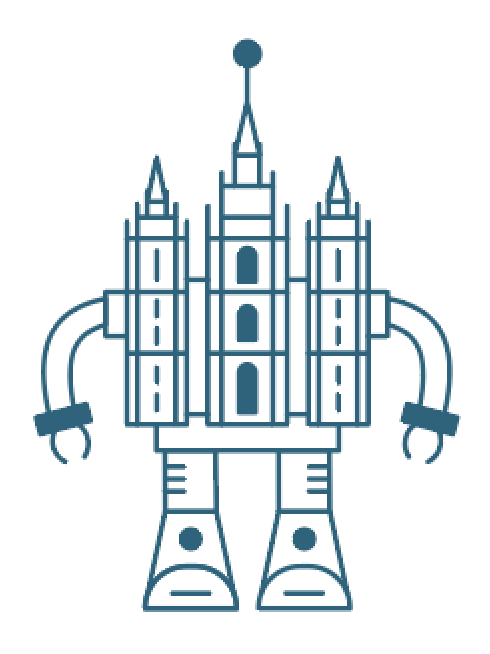Utah Alcohol Laws

Why does Utah have so many restrictions on alcohol?
Probably because it reflects the culture of the large Latter-day Saint population in Utah.[1] Strict alcohol legislation didn't begin in Utah until after Prohibition.[2] Before Prohibition, Utah was criticized for being a "saloon state."[3]
Utah ratified the Eighteenth Amendment (Prohibition),[4] then helped repeal it in 1933.[5] Two years later, Utah State Legislature created the Utah Department of Alcoholic Beverage Control, which oversees the licensing and regulation of alcohol within Utah.[6]
Do any other states have restrictive laws like Utah?
Yes. Seventeen states are "liquor control states"[7] including Wyoming,[8] Delaware,[9] Pennsylvania,[10] and Rhode Island.[11]
Does the Church influence these laws?
Yes, most likely. The Church has taken official positions on Utah liquor laws,[12] which may influence Latter-day Saint legislators.[13] However, while the Church sometimes engages in lobbying, research indicates that its influence in Utah politics is mostly indirect.[14]
Related Question
Did Joseph Smith drink alcohol?
Read more in Joseph Smith and Alcohol
Doesn't this seem like a violation of church and state?
Possibly. In 2011, the Utah Hospitality Association filed a lawsuit alleging that the Church pressures lawmakers to pass restrictive alcohol laws.[15] State attorneys, on the other hand, argued that this was Church leaders exercising their First Amendment right.[16] A federal judge in the U.S. District Court ended up throwing out the lawsuit due to lack of evidence that the Church violated any laws.[17]
So can people order a "normal" beer in Utah?
Yes, as of 2019, beer sold in restaurants and grocery stores in Utah can be up to 4% alcohol by weight (5% ABV)—stronger beer is sold at state-operated liquor stores.[18] Previously, this beer could only be 3.2% by weight.[19]
How is Utah different from other states for alcohol-drinkers?
Like other "liquor control states," Utah has more specific laws related to alcohol. For example, Utah prohibits bringing one's own alcohol into bars, restaurants, or over the state line. And in restaurants, customers must purchase alcohol with a food order.[20]
Won't these restrictive laws keep some people from moving to Utah?
Possibly.
It's difficult to say how Utah's population has been affected by alcohol regulations. It doesn't seem like it was enough to halt new people coming in—Utah's net in-migration has continued to grow faster than natural population growth over the past 10 years.[21]
However, there is a negative perception of alcohol laws within Utah. A 2014 poll of Utahns found that 69% believe that alcohol laws hurt economic development and tourism in Utah.[22]
What's a "Zion curtain"?
This was when restaurants had to separate the preparation of alcoholic beverages with a barrier that blocked the view of customers.[23] This barrier was given the nickname "Zion Curtain" and was reformed in 2017.[24]

Do these laws have any positive effect?
Possibly.[25] Utah had the lowest percentage of alcohol-impaired traffic fatalities in the U.S. in 2019,[26] and in a 2014 report, Utah had the lowest alcohol-attributed deaths in an 11 state analysis.[27] It is also below the national average of reported binge drinking,[28] reported drinking before driving,[29] and DUI arrests.[30] However, these positive statistics may stem from a combination of both the culture and the laws.
- B.
“It's interesting how few people realize that Utah's laws aren't totally unique and aren't even the strictest.”



 about this topic
about this topic